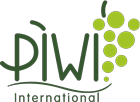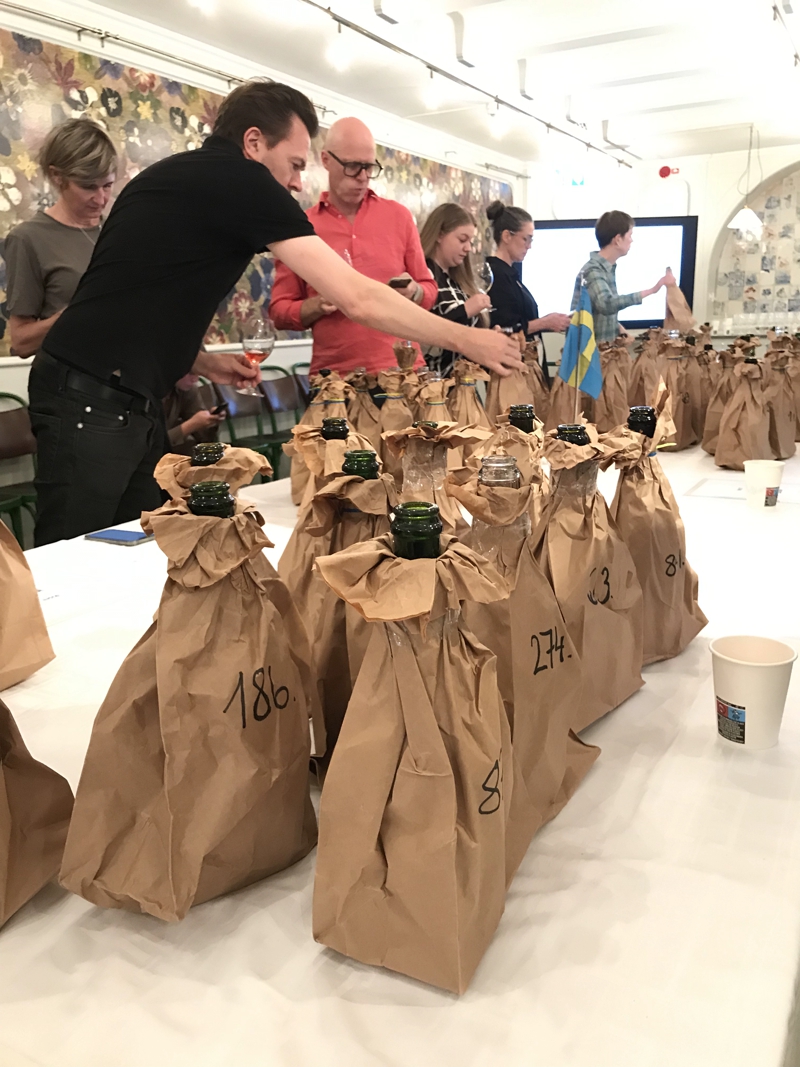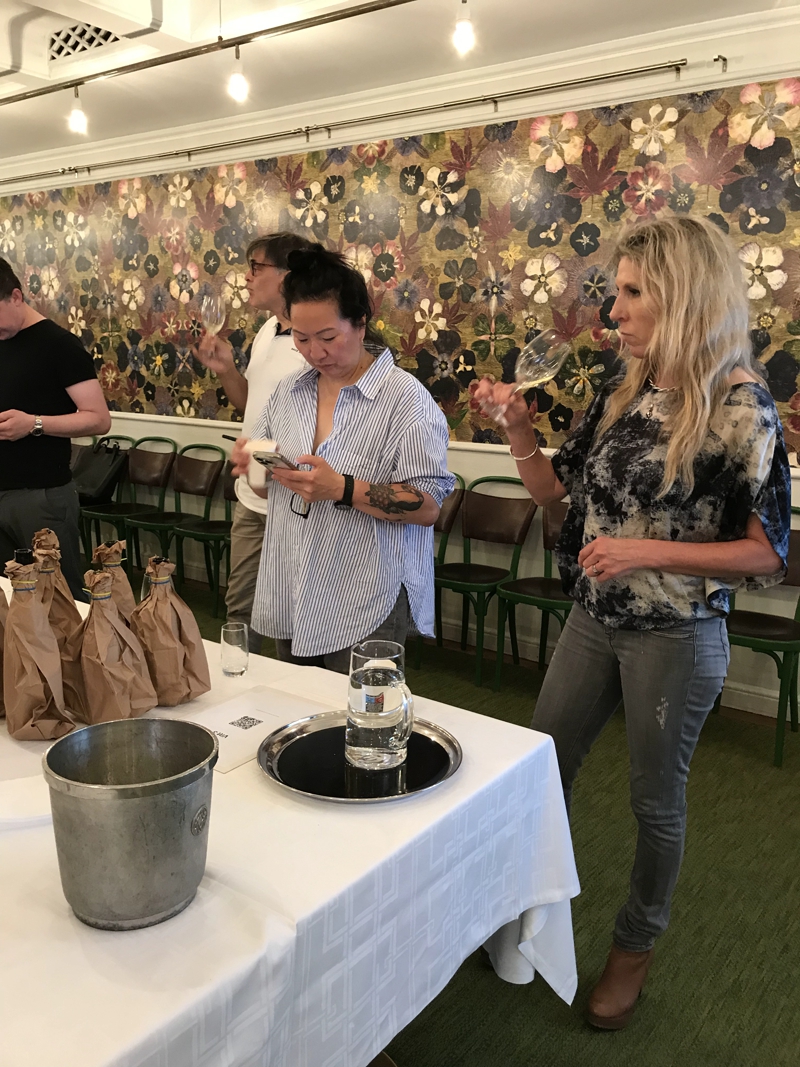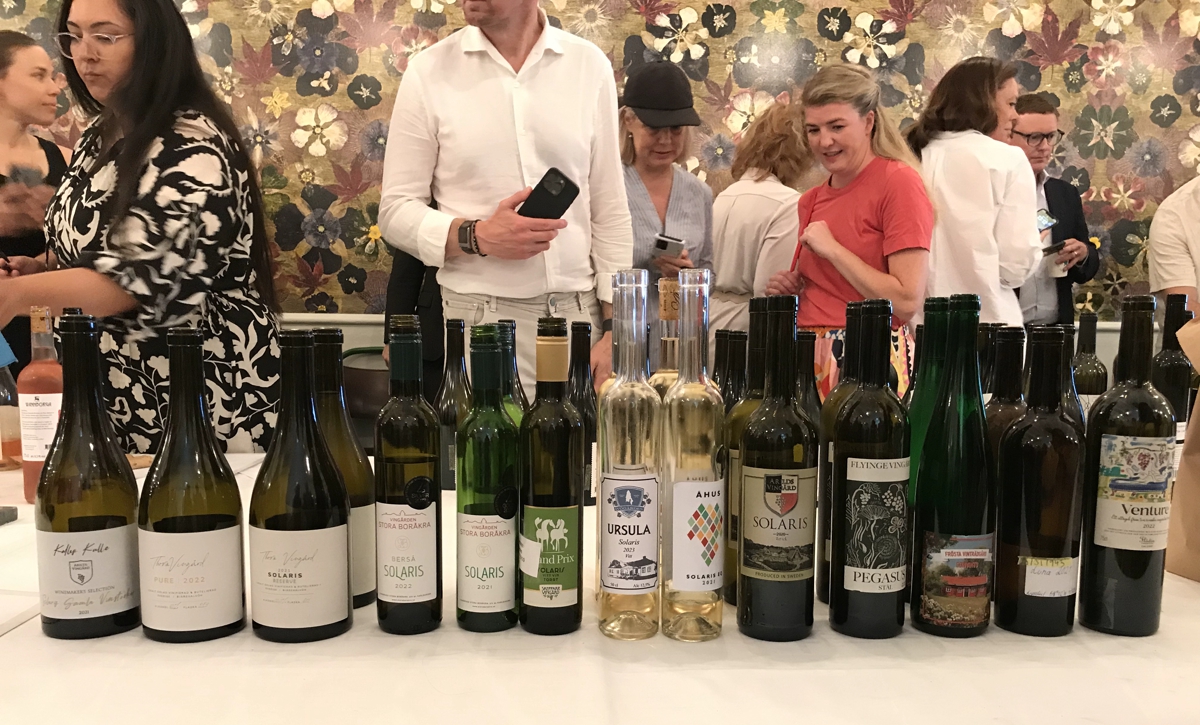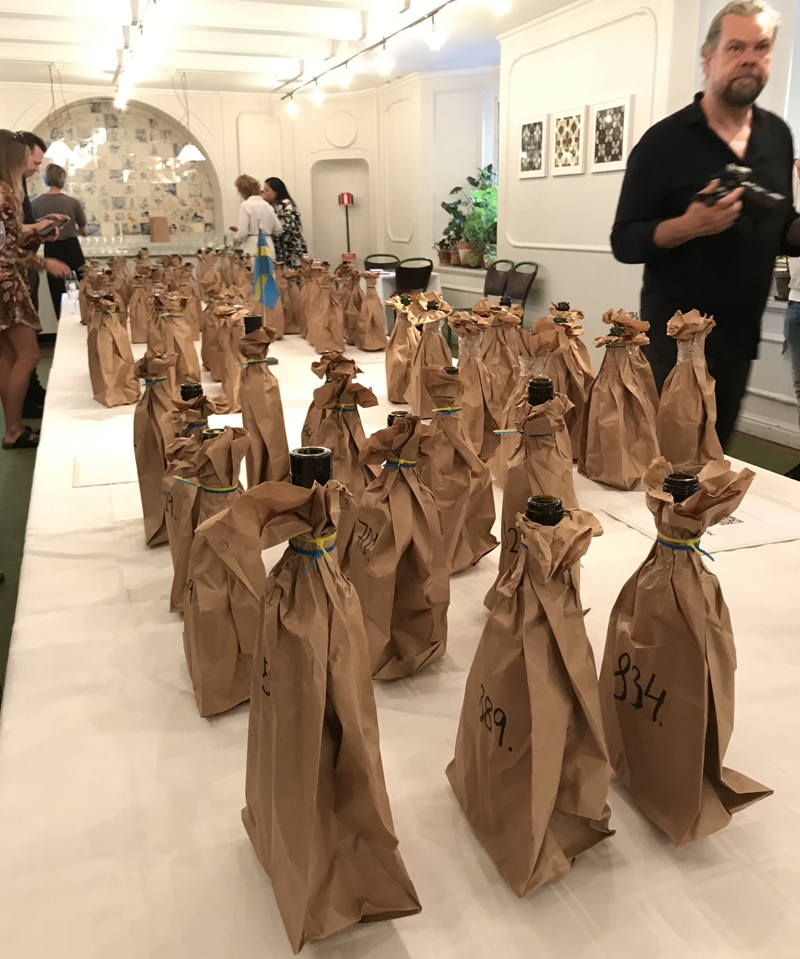Swedish wine producers had every reason to celebrate Sweden’s national holiday on June 6th.
The Swedish wine tasting began on Monday, and two days later the government opened the long-awaited farm sales.
First things first: after years of research, the Swedish government has put forward a watertight proposal to allow farm sales - that is, allowing winemakers to sell their wines to visitors. Sweden has had an alcohol monopoly since 1955, and the issue has always been controversial, but with the increasing number of commercial winemakers and growing interest in domestic wine, the government has now put forward a third proposal that could become a reality in spring 2025.
The proposal applies to all artisanal and hand-made alcoholic products: beer, cider, wine and also spirits. The condition is that the sale takes place at the place of production and may only take place in connection with a paid study visit or a lecture on the product in question at the place of production. The producer must also, like Systembolaget, provide information about the risks of alcohol consumption. Sales on the farm may also not take place earlier than 10 a.m. and not last longer than 8 p.m.
The restrictions also include that each consumer is only allowed to buy 0.7 liters of spirits and 3 liters each of wine, strong beer and cider.
The government says this proposal “will protect the retail monopoly and is compatible with EU law”.
The government will decide on this in July. A draft law will then be published and the proposal sent to the EU and all member states for review. If everything is OK, a draft law will be submitted to parliament and the new law could come into force by spring 2025.
– Now we are stepping on the gas, making decisions and getting something done,” said Prime Minister Ulf Kristersson at the press conference.
The news was particularly unexpected as the Minister for Rural Affairs had cancelled his visit to the major event The Swedish Wine Tasting on Monday. The event brought together 17 of the country's top sommeliers and writers to blind taste almost 90 Swedish wines.
This was the start of a manifestation of Swedish wine that will culminate on August 28th, when ten of the world's leading sommeliers and wine tasters, together with the elite of Sweden's top winemakers, will blind taste the ten best Swedish wines from this first tasting, along with an equal number of foreign wines. Call it the Swedish version of the "Paris Tasting 1976" if you like.
As one of the 17 jury members, I can say that the overall quality of Swedish wines has increased considerably in recent years. The vast majority are made by Solaris and used to have an unpleasant green taste with high acidity. Now the wines are more balanced, harmonious and with rounder fruit and integrated acidity. The development is probably a combination of a better understanding of grape and terroir (wine growing) and a more wine-friendly climate. In 2023, some winemakers got botrytis in their vineyards, which can give Solaris the roundness that makes the difference (personal consideration).
There are currently between 150 and 200 hectares of vineyards in Sweden.
Text and photo: Lena Särnholm
Translated with DeepL.com (free version)
